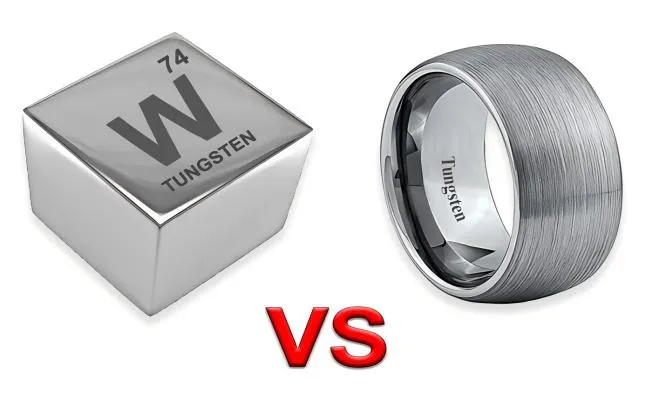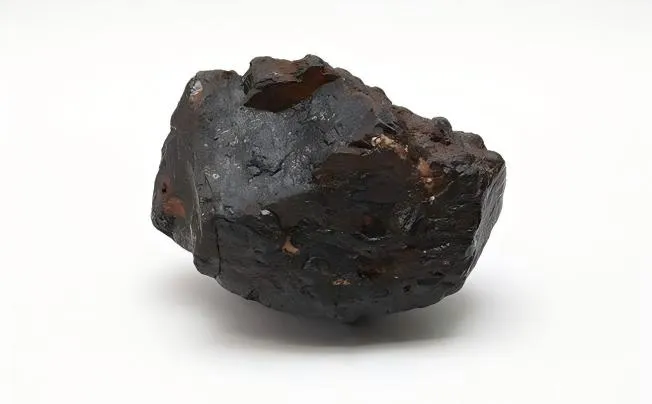Composition and Properties
Ferrosilicon, a ferroalloy composed primarily of iron and silicon, typically contains iron (Fe) ranging from 50% to 80% and silicon (Si) ranging from 15% to 90%. The exact composition can vary based on the specific grade and intended application. Additionally, small amounts of other elements such as carbon, manganese, and aluminum may also be present in ferrosilicon. This alloy is known for its high density, hardness, and corrosion resistance. It possesses a metallic luster and is commonly gray or silver.
Ferrosilicon exhibits unique properties that make it a versatile material in various industries. Its high melting point, typically above 1200°C, allows for its use in high-temperature applications such as steelmaking and foundry operations.
Due to its ability to efficiently deoxidize molten steel and improve the strength and quality of alloys, ferrosilicon is widely utilized in metallurgy as an essential additive. Furthermore, its magnetic properties make it valuable in producing electrical steels used in transformers and motors.
Specific Gravity of Ferrosilicon
Definition and Calculation of Specific Gravity
Specific gravity, also known as relative density, is a fundamental physical property that quantifies the ratio of the density of a substance to that of a reference material, typically water at 4 degrees Celsius. In the context of ferrosilicon, specific gravity is crucial for assessing the density and compactness of this alloy.
The specific gravity of ferrosilicon is calculated by dividing its density by the density of water. T
Factors Influencing the Specific Gravity of Ferrosilicon
One key factor influencing the specific gravity of ferrosilicon is composition variations within the alloy. Changes in silicon and iron content can lead to fluctuations in specific gravity values.
Higher silicon concentrations tend to increase specific gravity due to its greater atomic mass than iron. Similarly, variations in iron content can also impact specific gravity measurements.
Temperature effects play a significant role in altering specific gravity values as well. Fluctuations in temperature can cause thermal expansion or contraction, affecting the overall density and thus specific gravity calculations.
Composition Variations
The composition variations in ferrosilicon are primarily determined by the proportions of silicon and iron present in the alloy. Silicon has a higher atomic mass compared to iron, resulting in an increased specific gravity with higher silicon content. As such, changes in these elemental compositions directly influence the overall specific gravity values observed for ferrosilicon samples.
Temperature Effects
Temperature effects can introduce significant variability in specific gravity measurements for ferrosilicon. As temperature increases or decreases, thermal expansion or contraction occurs within the material, impacting its overall density and thus altering its specific gravity value. It is crucial to account for these temperature fluctuations when measuring or calculating specific gravity to ensure accurate and consistent results.
Impurities and Inclusions
Impurities and inclusions present within ferrosilicon can also affect its measured specific gravity values. Foreign substances or irregularities in composition can introduce inconsistencies in density across different regions of the alloy sample, leading to distorted readings during specific gravity measurements. Careful analysis and purification techniques are necessary to mitigate the influence of impurities on the accurate determination of ferrosilicon's specific gravity.
Significance of Specific Gravity in Ferrosilicon Production
The Guardian of Quality
Specific gravity plays a pivotal role in the production of ferrosilicon by acting as the guardian of quality control and assurance. Maintaining a consistent specific gravity within the desired range is essential to ensure that the final product meets stringent industry standards.
Deviations in specific gravity can indicate variations in composition, density, or purity levels, which could compromise the integrity and performance of ferrosilicon. By closely monitoring and managing specific gravity throughout the production process, manufacturers can uphold product quality and reliability.
Impact on Processing Efficiency
In addition to quality considerations, specific gravity also wields a significant impact on processing efficiency in ferrosilicon production. Optimal specific gravity levels are crucial for achieving efficient material handling, mixing, and separation processes.
A precise understanding of the specific gravity of ferrosilicon enables manufacturers to fine-tune their production parameters, such as feed rates, blending ratios, and separation techniques. By aligning these operational factors with the ideal specific gravity values, producers can enhance overall process efficiency, minimize waste generation, and maximize output yield.
The interplay between specific gravity and processing efficiency underscores its strategic importance in optimizing manufacturing operations. Striking a delicate balance between quality control measures based on specific gravity assessments and operational strategies geared towards enhancing processing efficiency results in a synergistic approach that drives continuous improvement within the ferrosilicon industry.
Manufacturers who prioritize precision in specific gravity management not only safeguard product quality but also streamline their production workflows for enhanced productivity and cost-effectiveness. Embracing the dual significance of specific gravity in both upholding quality standards and boosting operational efficiencies empowers ferrosilicon producers to navigate challenges effectively while seizing opportunities for sustainable growth and competitive advantage.
Effectiveness of Various Additives on Altering Specific Gravity
The quest for refining the specific gravity of ferrosilicon has led researchers to explore the efficacy of incorporating different additives into its composition. Various studies have investigated how additives such as rare earth elements, graphite, and silicon carbide can influence and alter the specific gravity properties of ferrosilicon alloys. Through rigorous experimentation and analysis, researchers have identified unique interactions between these additives and ferrosilicon that result in measurable changes in specific gravity values.
Notably, research findings have shown that certain additives can serve as densifiers or diluents within ferrosilicon compositions, thereby impacting its overall density and specific gravity characteristics. By strategically introducing these additives at precise concentrations during alloy formulation processes, manufacturers can tailor specific gravity properties to meet diverse industrial requirements effectively.
This tailored approach underscores a nuanced understanding of additive effects on altering specific gravities within ferrosilicon alloys while emphasizing the importance of customization in achieving desired outcomes. Furthermore, ongoing studies continue to explore novel additive combinations and formulations aimed at further enhancing control over the specific gravities exhibited by ferrosilicon materials.







